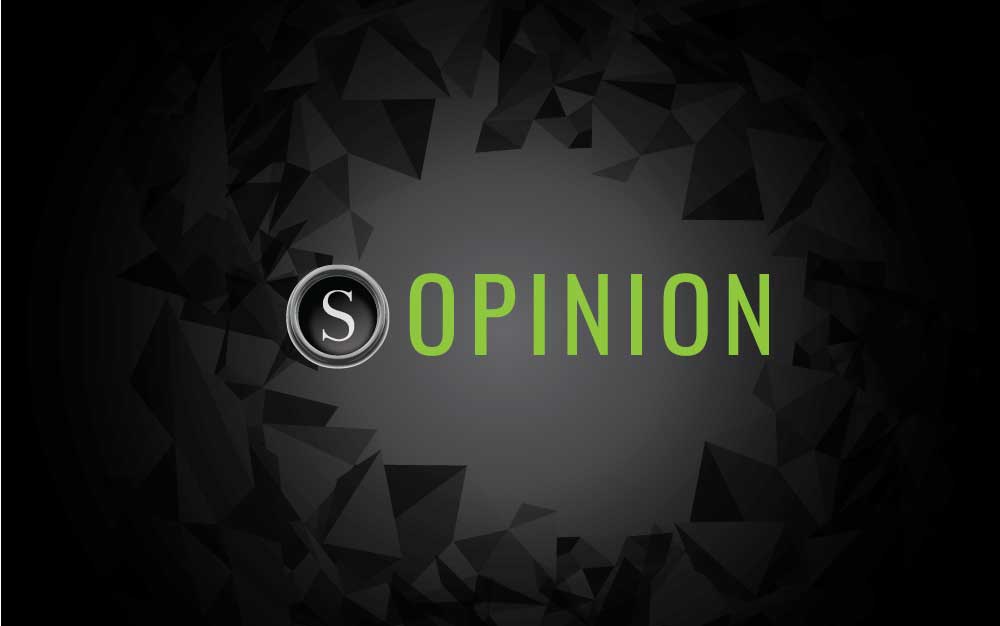There is a real issue with representation in the media for women, POC, LGBTQ members and all the intersectionality that comes along with that.
I am a straight, cis, white, passing, half-Irish and half-Mexican woman. I can look at TV shows, magazines, movies, celebrities and consume most media to see myself represented in a positive light (for the most part.)
This is not the same for everyone.
Representation has progressed gradually over the years as social progress increases as well. We have amazingly diverse shows like “Jane The Virgin,” “Modern Family,” “Blackish” and “Orange Is the New Black.” Shows with a diverse cast that portray minorities as complex and not just simply thrown in there to fit a stereotype or fill some kind of diverse quota.
I think people don’t often realize how harmful and disheartening it can be to not see yourself portrayed realistically growing up and even as an adult. Whether we like it or not, we are shaped by the media’s portrayal of us.
Women have been objectified, seen as simply the love interest or the ditzy secretary with a pencil skirt three sizes too small. What are we teaching little girls about what they can accomplish when we constantly bombard them with ideas like “become hot, and someone might fall in love with you”? We are steering young, passionate and intelligent girls that could grow up to be doctors and lawyers into girls who spend less time studying and more time pretending to do things they don’t enjoy for the pleasure of boys they like.
LGBTQ folks have been cornered into categories “tame” enough to allow homophobes and transphobes to consume their media as well. Such as the gay best friend obsessed with fashion and theatre and is always there to tell the straight girl that she is fierce. LGBTQ PDA is rarely ever seen in media; even a kiss seems to be taboo while straight sex and gory violence are given the tamest of ratings. It is also worth mentioning that even if LGBTQ characters are represented, they are almost always white.
White actors have been cast in roles specifically created for POC, while real POC actors are struggling to find jobs that don’t boil them down to their skin color.
Latinos are the bad guy cartel members, Asians are the smart nerdy sidekicks, African Americans portrayed as thugs or gang bangers and Native Americans are the magical medicine men to heal the white protagonist on their spiritual journey.
Women, Latinos, Asians, African Americans, Native Americans, and LGBTQ folk all each have complex lives, feelings and ideas that don’t always revolve around their sexuality, gender and race. However, there are certain hot issues within each community that need to be discussed at a large level and these small stereotypical roles aren’t opening up the mind of those who consume it.
Recent shows and movies have made groundbreaking progress in terms of representation. “Jane The Virgin” shows real Latina women. They aren’t hyper-sexualized, they are strong and independent. They aren’t deemed “spicy.” They even touch on the undocumented immigration in a real and moving way. They laugh, they cry, they love, just like everybody else.
“Orange Is the New Black” takes women of every minority and sexuality and expresses it in a very real and non-exploitative way. They represent all shades and sexualities of women and real issues such as racism, homophobia, transphobia, black lives matter, abortion, sexual assault, drug abuse, hate crimes and even issues within our justice system and correctional facilities.
The new “Ghostbusters” was a huge controversial movie that came out recently, depicting the classic “Ghostbusters” crew as all women, and the secretary as a male man candy. The roles were reversed, and the women got to save the city this time around. While many people were offended that it ruined their beloved childhood classic, I looked at all the little bright-eyed girls dressed in Ghostbusters uniforms, hope in their eyes that they don’t have to be secondary characters. That they don’t have to wait for someone to save the city, but that they themselves can do it.
This is a lesson I didn’t learn until way later in my life.
These are only a few examples of the dangers of misrepresentation and representation done right. If you have made it this far in my article, I encourage you to really look at the media you consume and wonder how it effects your perception of others, especially those “different” from you. Read up on diversity, read up on think pieces from POC, LGBTQ folk and women on how it effects their daily life. Maybe those wishing to get in to the field of media will take something away from this and we will keep progressing.
I can only see us as a society go up from here in terms of giving screen time to all types of people, that they are not limited to being confined to hard boxes of tradition, that they are able to create their own mold as they navigate this world.
